

jrm88
-
Posts
854 -
Joined
-
Last visited
Posts posted by jrm88
-
-
We routinely give a pain relief/anti inflamm injection, maybe that's what she meant? ( as in one injection, two effects)
-
Just wondering, if someone opted to have fluids and bloods done. and the bloods comes back fine, Im guessing the fluids would still be given?
Is there an option of 'give fluids if indicated necessary by bloods' ? what is the benefit of fluids in a dog with normal range bloods that is physically able to rehydrate itself post op? For short routine surgeries such as desexing etc that had no complications, what benefit is there?
Im talking about fluids more so than bloods. i think bloods are necessary but i was interested in fluids being given if bloods are fine (most post have been discussing blood results indicating the use of fluids which is why Im interested in fluid use if bloods are ok :-)
Fluids help:
maintain blood pressure/can increase blood pressure if it drops (isoflurane, main inhalant anaesthetic used can drop blood pressure)which in turn supports the kidneys and other organs by increasing blood flow/oxygen availability
often help an animal recover quicker and better
blood pressure is the main thing I worry about during a surgical procedure, speys in particular, can be a long surgery if there are complications (which you cant tell there will be until your in there!)
-
So out of interest, when bloods are taken, are they tested for just anything and everything?
And how expensive are they generally? I have never had any bloods done with my lot, never been offered, perhaps its something to think about.
There are different blood profiles, different clinics will do different profiles.
We do a pre anaesthetic blood profile which includes;
electrolytes (sodium, chloride, potassium)
biochemistry (creatinine, urea, alkp, alp, tp, glucose)
haematology (hematocrit, hemoglobin, mchc, white blood cells, granulocytes, platelets, reticulocytes, not sure if ive missed some)
This gives us info on electrolytes, kidneys, liver, glucose (diabetes in particular, but also can be raised with stress in cats), infection, inflammation, anaemia, etc.
It is a great idea to get bloods done when 'healthy' so you have baseline values to work off in the future, as well as it may show up some abnormalities (but hopefully not!)
Costs will vary depending on suburb, overheads, etc, but this is $88 at my clinic.
-
I'm going to put my flame suit on her
 but here goes....
but here goes....I get sick and tired of reading where people only feed raw, barf, holistic foods etc, or do chiropractic, physio or hydrotherapy, spend money on fancy bedding or flashy collar and leads, toys etc all for the betterment of their dogs. People seem to do whatever they can to make their pets more comfortable or look after their well being better these days and I have no problem with these things.....
But when it comes to doing pre-operative bloods and fluid therapy during surgery which would make it an easier for your pet, the vets and nurses whom you are entrusting the life of your pet to, by knowing how their organs which are processing the anaesthetics are working, having an easier and quicker wake up for your pet. People often say, "oh she'll be right she doesn't need it". How do you know your pet doesn't need it?
Everytime you or your pets go under an anaesthetic there are risks so why not minimise them by doing all you can. Your doctor would not let you nor would you want to have surgery without these things so why if you do everything else for your pet would you not want what is best for your pets during surgery?
Next time you buy something that you think your dog "needs" think about putting that money aside for your dogs next surgery instead. It could save his/her life.
I use one of the best known vets in Sydney that are used by a large percentage of the breeders down here. Many travel an hour or more to get to them. They do not offer optional extras, giving fluids if THEY think the dog needs it but I have never heard of anyone having to get blood tests done before routine surgery. For that matter I myself have never had a blood test before surgery. The only place I have ever heard of pre anaesthetic blood tests is on DOL.
One of the most common surgeries my vets do is caesars and even with a scheduled one I don't think bloods are ever mentioned, so I find these discussions quite puzzling when talking about routine surgeries like spays and especially simple castrations. What difference does the blood test make to how they do the surgery? What about anaesthetics for things like hip scoring? Do some vets do blood tests before that? Our vets use the best and safest anaesthetic for every patient so I don't know what they could do different anyway.
Naturally with ill or very old dogs they do a full health work up including blood, x-rays, etc before considering surgery that is not an emergency the same as is done with humans but with obvious healthy animals that need routine surgeries why would they need blood tests?
Bloods can make a difference because:
If bloods show raised kidney values, animal should be on fluids much much longer post op (until the next day, so are hospitalised overnight)
If we are doing surgery on a known kidney patient, we will have them on fluids 24hrs pre and post op.
If bloods show raised liver enzymes, surgery may not be in the patients best interest (e.g. if the animal is on the verge of liver failure, would you do an elective lump removal that doesnt *need* to be removed?) Liver values can be hugely raised and the animal not show clinical symptoms
If bloods show a raised white count, there is an infection/inflammation within the body somewhere, that might need to be investigated first.
If PCV/TP is high/low, this could indicate a loss of blood from somewhere (a mass somewhere possibly, a genetic disorder, etc)
Different anaesthetic agents are better suited to different patients, and the vet can make the best informed decision. Different pain relief is also used for different patients.
E.g. kidney patients do not get nsaids, if a patient has bloods, and shows slightly raised kidney values, an opiate drug is used instead.
An animal may appear 'obviously healthy', but who knows?? They may have a liver shunt, they may be at the start of kidney failure, they may have an infection somewhere, etc
The general public are not good at picking up on clinical symptoms that alot of people on DOL would notice. Drinking excessively, urinating excessively, eating too much, not eating enough, lethargic behavior, vomiting, diarrhoea... alot of these things, people just dont think it is significant so think their animal is healthy. It is only until they get a blood test done and we say "there is actually a problem here" and they go "oh yeah.. I guess they do drink a bit..."
Yes, older animals are generally the ones with issues, but this in no way means that young animals do not become unwell and the sooner picked up, the better treated/managed/discussed/etc.
-
BC4ME, I think I love you :p
I am much happier doing an anaesthetic on an animal who has had bloods/fluids than doing it without.
Bloods have often indicated for us to rethink whether the animal should have a different induction anesthetic or method, or we have even put off doing surgery as it wasn't in the animals best interests at the time. Admittedly most of these are older patients (5+) but also definitely happens in young patients too.
One case in particular, we did pre op bloods have fluids, bloods were all normal. Did a Spey on 6 mnth kitten, bp was great, had a great anesthetic. Recovered well, went home. Kitten came back next day vomiting, lethegic, incredibly unwell. Redid bloodwork, kitten was in acute renal failure! Only cause we could pinpoint was the routine pain relief injection that was given can cause kidney issues very rarely. Anyway my point being, if we had not done bloods/fluids, kitties kidneys may not have recovered (fluids are great for supporting the kidneys, she was on fluids pre and post op until she went home) and we wouldn't have had the baseline bloodwork to work off.
There are so many situations where an animal would have had a problem picked up/treated/managed alot quicker if best medicine was practiced.
-
Unfortunately, all drugs have side effects, doesn't mean we don't use them because the majority of the time they work well and with no side effects.
What does your vet say? What effects have actually happened? I guess recovery will be dependent on what has actually happened and the individual dog but I'd be wanting to see what your vet has to say.
Sorry this has happened to your dog!

-
The main anaesthetic used (isoflurane) has the potential to lower blood pressure, some animals bp will drop, over 30minutes of hypotension can cause damage to organs/tissues due to lowered blood/oxygen supply.
I would rather have my pet on iv fluids so any drop can be managed quickly. Yes, we can put animals on fluids during surgery if required but this isn't preferable as we have to often clip more fur off (in a sterile environment) and if the bp has dropped it could take longer to get a catheter in the
vein, or the veins may be so crappy that it may take quite
a while to even get a catheter to thread into a vein. Even if we have a catheter in already so its essy to hook up to fluids, Pets definitely benefit having been on fluids for a couple hours prior to their surgery.
It's alot easier/quicker if all of this is done before. I also think many animals recover quicker/better if on iv fluids.
It's been discussed here many times that not all people can afford best practice medicine, which is often why vets will make it an option. Alot of the time they would rather an animal get desexed/dental/lump removal sx rather than
nothing so they make it as affordable as possible.
If you can afford it, best medicine is to get pre op bloods and iv fluids

-
Could someone give me a website that explains ET and what needs to be done?? Would like to look into it with my std poodle boy

Thanks!
-
Im going to Portland, VIC soon
 Have also been to Big River near Eildon.
Have also been to Big River near Eildon.There is a book called camping with dogs that is awesome and has heaps of camping sites that allow dogs

-
1. Standard Poodle (I do own
 )
)2. Afghan Hound
3. Borzoi
4. Irish Setter
5. Saluki

-
The other thing people dont realise... do they have an experienced nurse whose job is to solely monitor the anaesthetic? Do they have an experienced vet within reach if something does go wrong?
So many people dont realise a nurse can easily kill your animal under anaesthetic if they dont know what they are doing.... ( "Oops.. left the animal on 5% isoflurane for too long.. now the animal is in cardiac/respiratory arrest...")
There are a few dodgy vets out there who will hire the cheapest nurse possible (often young and inexperienced) and "train" them. They may also be answering the phone and serving people at the front desk while "monitoring" the anaesthetic. This scenario would usually only occur in small vet clinics (but could still occur in a large clinic but less likely) , so ask if a vet nurse will be monitoring and WHAT they are monitoring.
Are they only monitoring that the animal is alive by watching it breathe and check the heart rate every 5 minutes?
Or are they monitoring the depth of anaesthetic (by various indicators), heartrate, co2 levels, respiratory rate, oxygen saturation, blood pressure and ecg??
So many people just look at the price and it is next to impossible to compare apples with apples when it comes to desexing/surgical prices.
I'm also not saying cheap vets are all crap, and all expensive vets are good, just saying be aware of what your paying for (or not paying for!)

-
Oh by the way, it is not a major surgery anymore if you go to a specialist (in terms of recovery)
A catheter is threaded up the femoral artery and then a balloon type device is basically put in place to shut off the PDA. My grandmothers dog was crate rested a week after the surgery to keep him quiet, but he recovered so incredibly well that you would not of known he had surgery

-
Just wanted to say that my grandmothers sheltie had a PDA go undiagnosed until he was 6 yrs old (it was a very small PDA which was the reason he hadnt died yet.) !!!! I was so incredibly angry that all the vets he had seen had never picked up his heart murmur (by the time he came in to my work for a checkup, it was a grade 4-5 murmur, whopping!!)
We are unsure if the breeder knew or not as they rehomed him at about 4 months of age and they never mentioned anything to my grandmother. I tried contacting them to let them know, but never emailed back (even tho I know she is still breeding.)
He had been castrated, vaccinated, etc etc. The only conclusion I came to was that they must have never listened to his heart because a PDA is a congential issue and it is there from birth. (either that or they were crap vets who dont know a murmur when they hear one...)
Anyway! My point being, he underwent the PDA surgery at 6 yrs old (4.5k as well, luckily he had pet insurance who did cover it!) Even though we hadnt known he had an issue, his temperament changed dramatically! He became much more livelier and an all round happier dog, we always just thought he was a bit of a couch potatoe (was never unwell, just wasnt a crazy dog)
I actually watched the surgery and it was fascinating to see how they fixed it! Hopefully your little girl has a successful surgery and goes on to live a happy life
 goodluck!
goodluck! -
Mine was perfect and then I soaked it, some of the Velcro caught on the blue area and caused the same effect but only a little area. Was also a bit slimy but I thought maybe that was apart of the way it cools??
I hope it still works, I got it ages ago so can't really send it back (haven't had to use it yet!)
-
Look at the vet nurse award as well... Many vets will only pay the minimum award.
-
Yep... That salary is about right.
I wouldn't be able to pay a mortgage/live on my wage without my partner. If anything happens, I would probably have to live far out and rent a house.
Vet nursing is a messy, hard, often thankless job.
You must deal with angry, cranky, upset clients who will yell at you and constantly make snide comments about them paying for a room in your clinic.... There are a few awesome clients though who make up for that!

Saying that, I love my job and I would keep it if anything happened.
You can make a fair bit more money doing overnight/emergency work too

-
Very excited to get started in Rally-O
 Looking forward to it! So glad more clubs are offering it now.
Looking forward to it! So glad more clubs are offering it now. -
Awesome photos
 Hope you got some of Leo, your photos are much better than mine Luke!
Hope you got some of Leo, your photos are much better than mine Luke! -
few more... photobucket seems to make all the photos very crappy quality
 oh well!
oh well!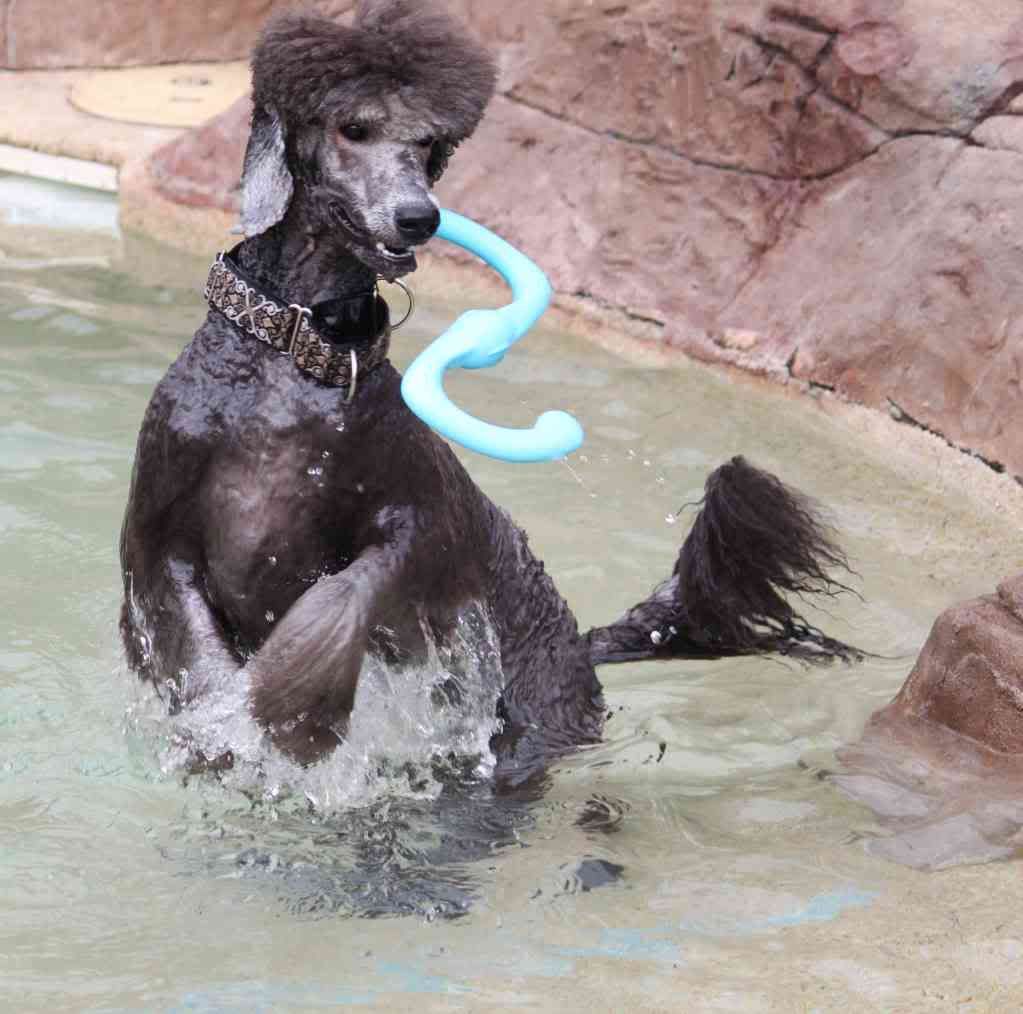



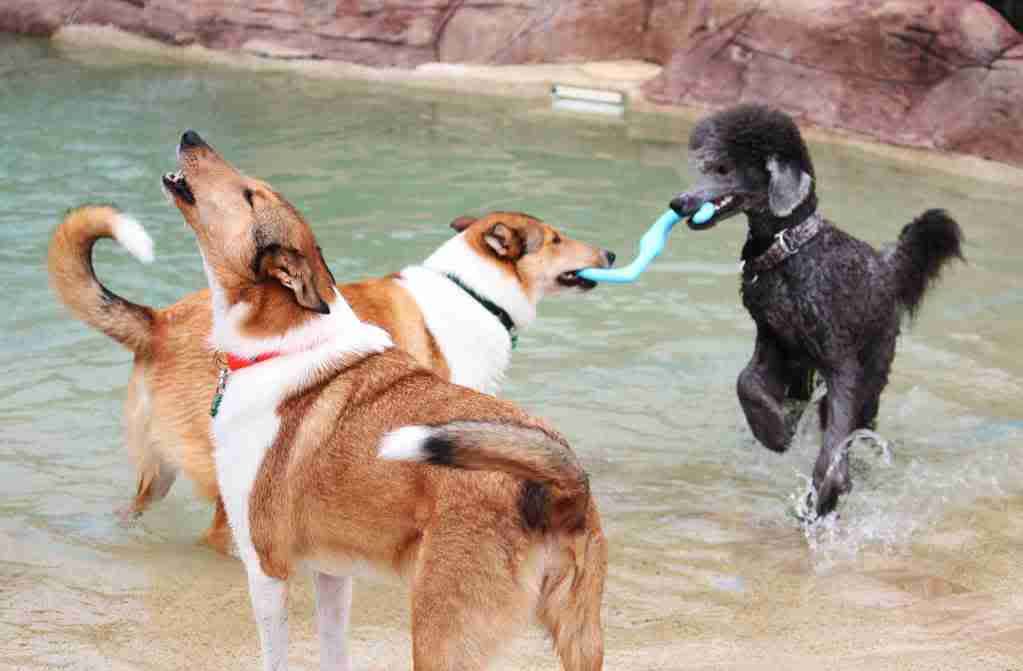
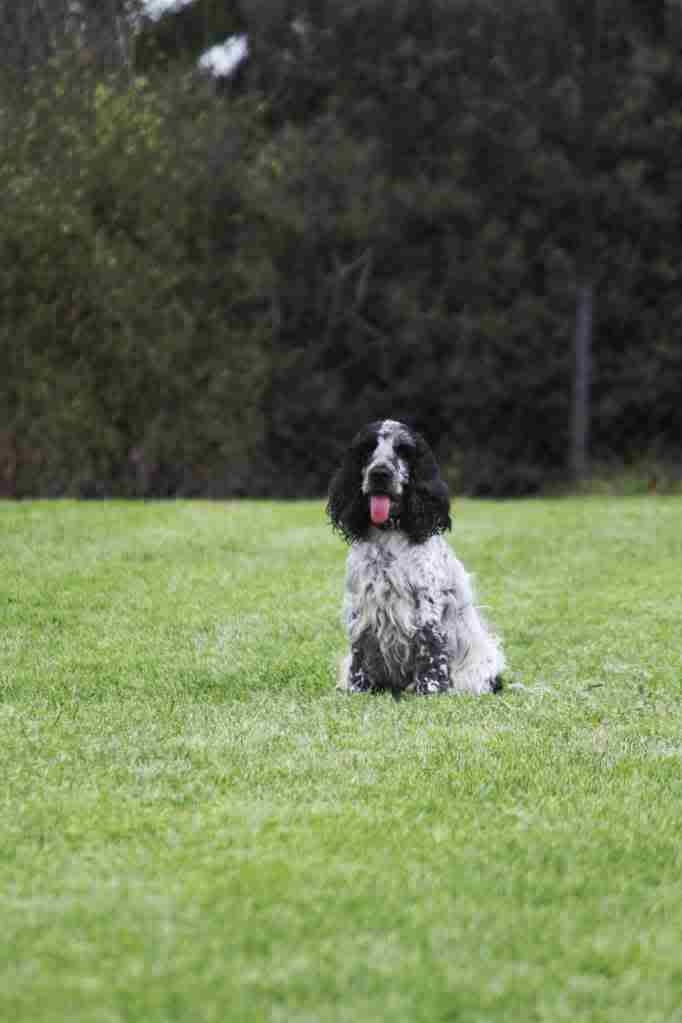
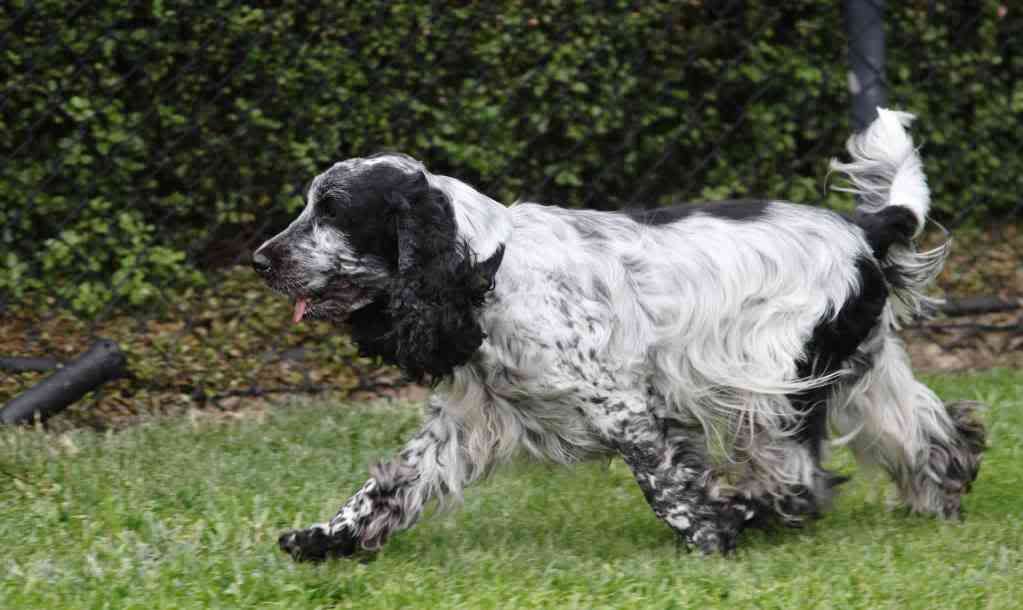
-
Enjoyed today, Leo has been asleep since we left

I realised when doing my photos... I only took photos of Leo basically, sorry! :p


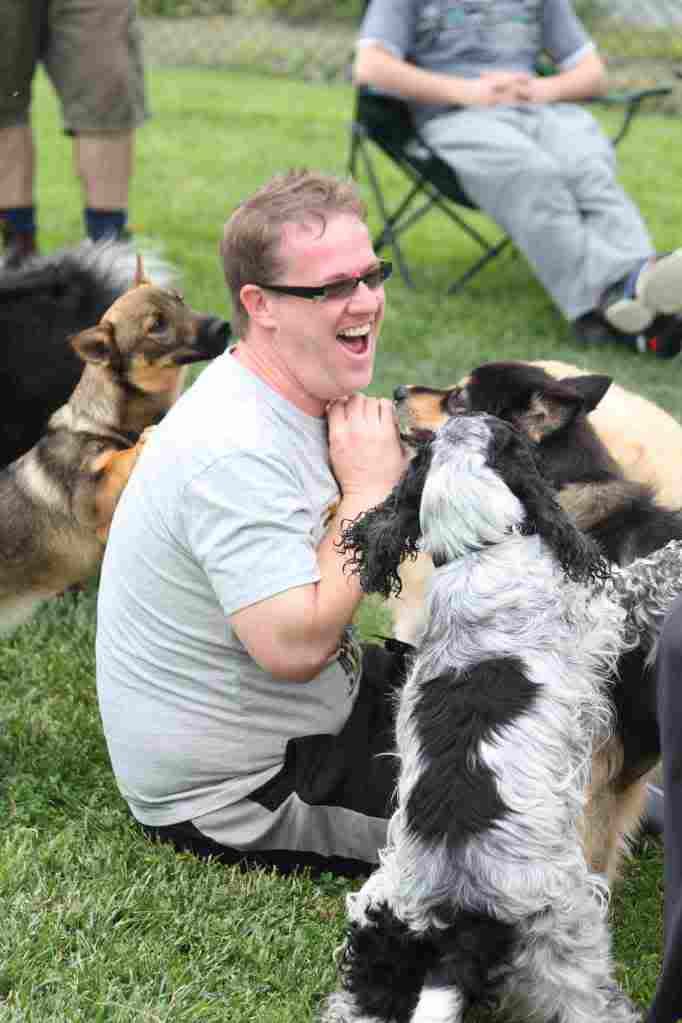
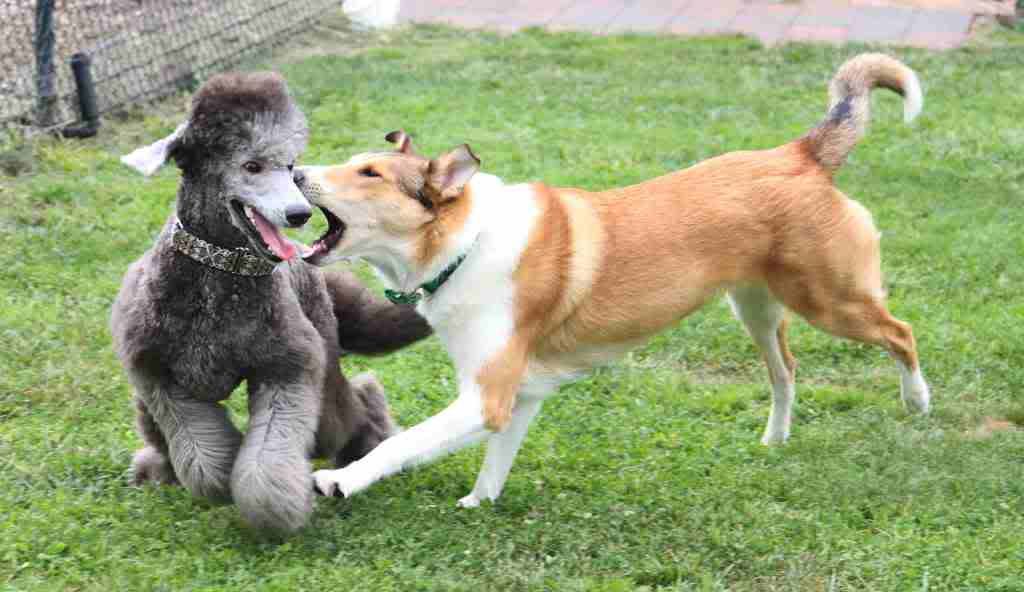
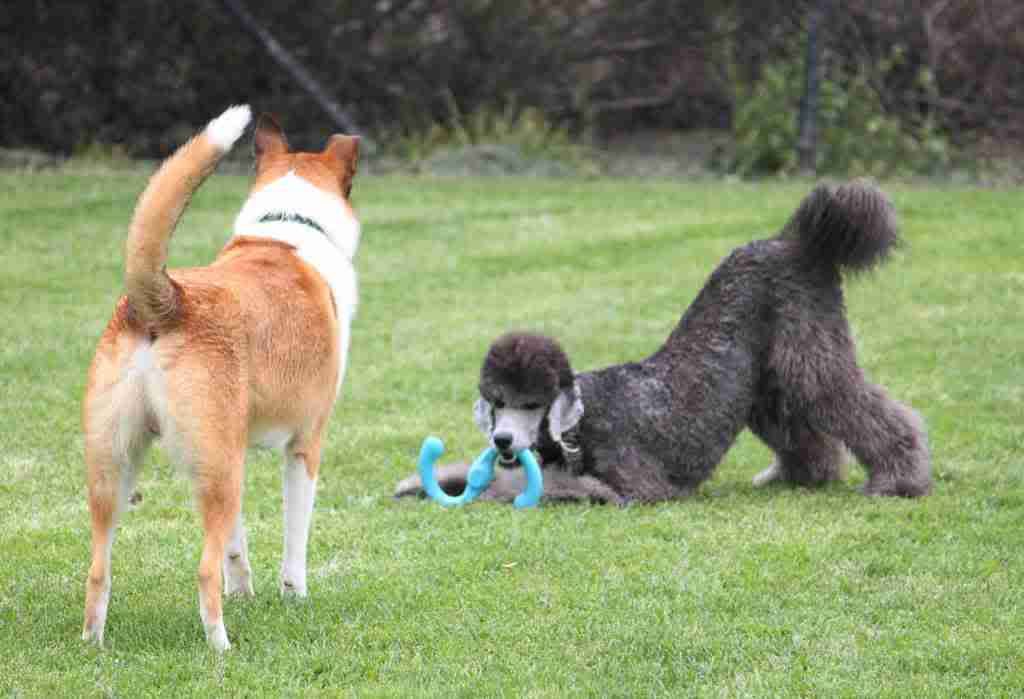
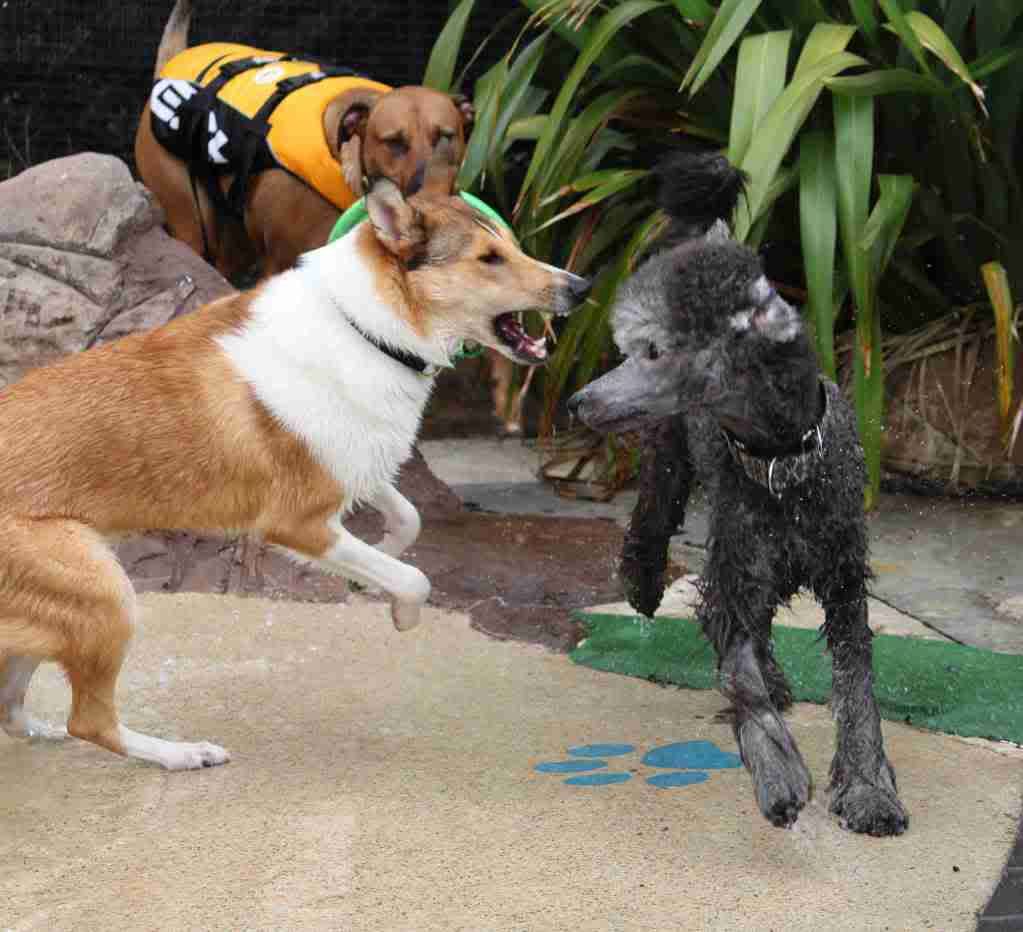
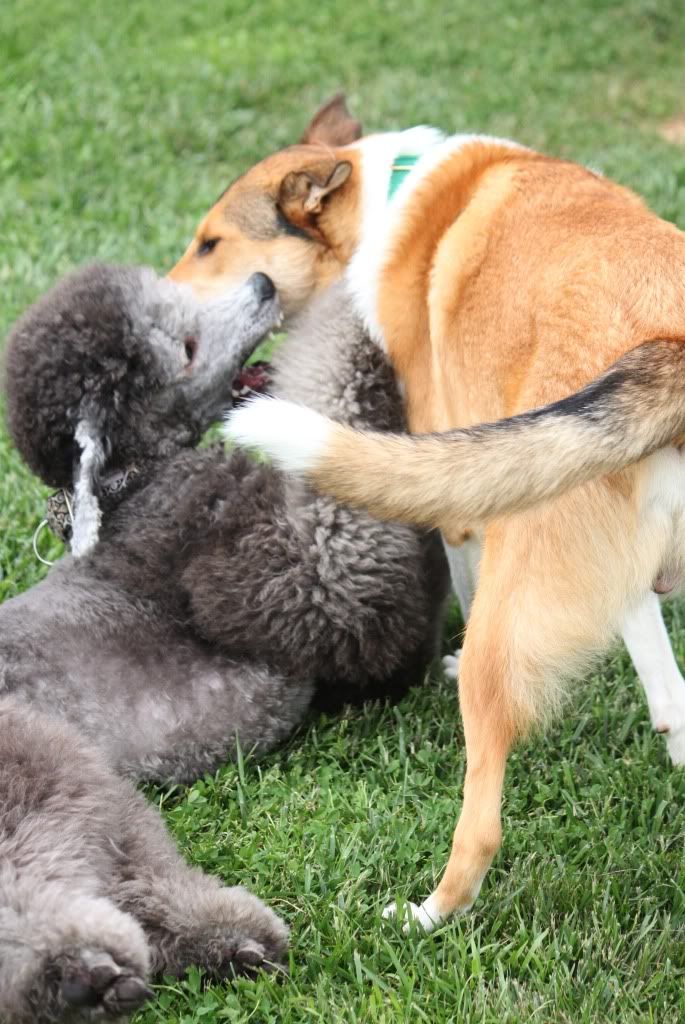
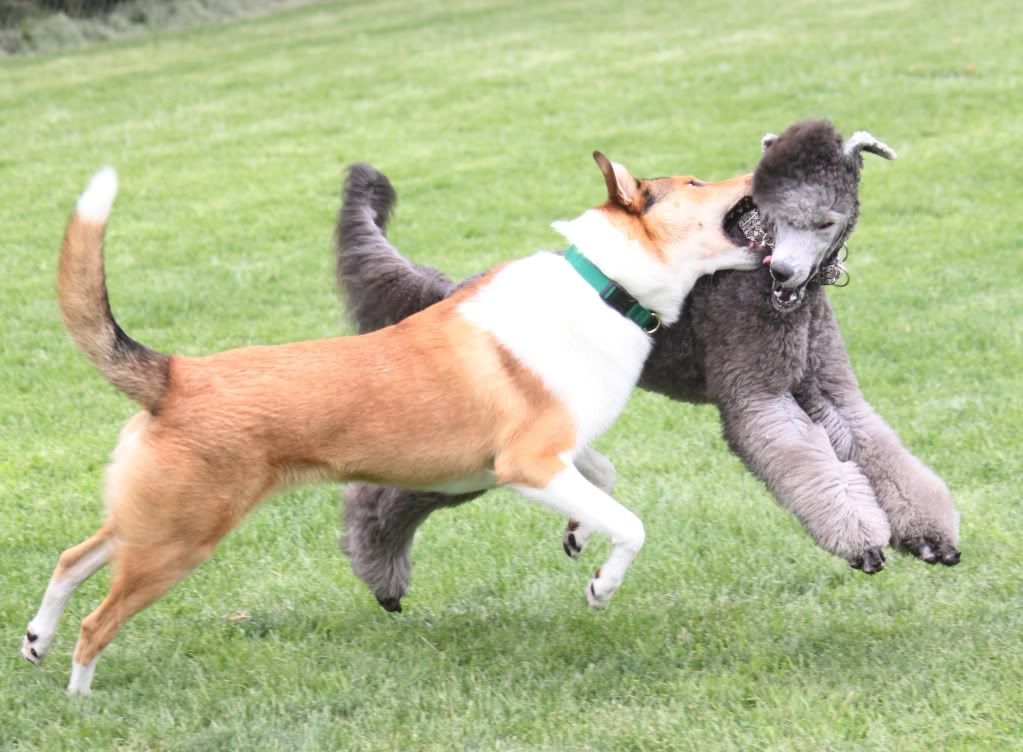
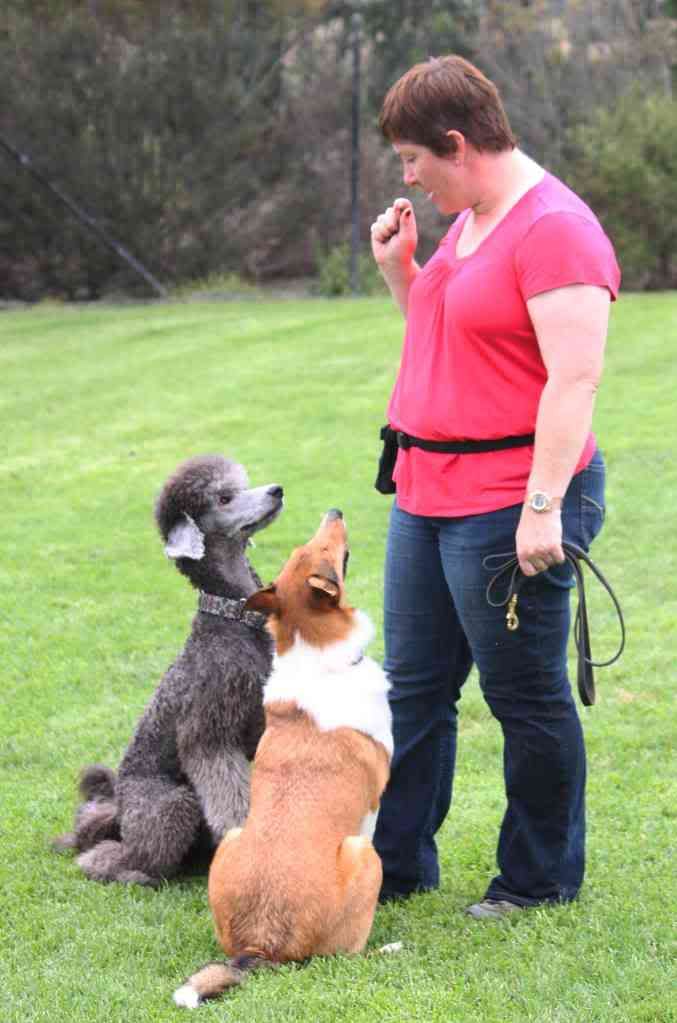

-
Pretty excited Barkly is coming, love cockers!!
Groomed Leo this morning so he would look lovely for tomorrow... Came home to find he had been playing in the pond! He doesnt look so lovely anymore :p
-
Should be there
 Probably wont stay for lunch tho
Probably wont stay for lunch thoList of dogs
pip1981- Dakota
AmaCam+Digby - Digby
SmoothieGirl - Bronte & Ren
Canine Friend - Dexter
Lucycharzie - Charlotte
Panzer Attack! + friend - Scooter & Tucker
jrm88- Leo
List of food
pip1981- t.b.a
AmaCam+Digby - also TBA.
SmoothieGirl - Potato Salad
Canine Friend - tba (i'm thinking since there's not many bring a plate might be best but I am open to a bbq if there are more rsvp's by the end of the week).
Lucycharzie - tba
Panzer Attack! - baked goods and friend can grab whatever needs to be gotten
-
Will probably be coming with Leo, don't think I will b staying for lunch tho!
Can't add us to the list.. On my iPhone!
-
It is hard when we have an emotional attachment to the pet and enjoy seeing the client as well. I work in a small clinic so I know most of our clients/pets (and definitely have my favourite pets/people!)
I do get teary in those euthanasias where I have a relationship with the pet and client. I always console myself with the thought that they are no longer in pain/suffering and what we have done is provide peace for that animal.
I really try my hardest to try and console our clients and offer my support as best I can as I know what a heartbreaking time they are going through
 I feel I do this fairly well and I am proud of what I do in my job
I feel I do this fairly well and I am proud of what I do in my job 

What To Expect After A Spay
in General Dog Discussion
Posted
That is an awesome looking wound! Healing well :)